Duck Dog Tip of the Week: Essential Training Tips for Sporting Dogs

Featuring Brad Arington | Mossy Pond Retrievers | @teammpr
The beauty of training dogs is that there isn’t just one method. But there are some ways that are more correct than others. While some lessons are learned the hard way, here are a few pieces of advice. They’re worthy of incorporating into any training method and will get dogs up to speed in no time.
Practice the way you play
A lot of issues come during times of transition. Dog work in a backyard’s freshly mowed grass works on a lot of things. Obedience, marks, retrieves, delivery-to-hand, and light conditioning are a few. But those exercises on land aren’t enough to prepare your Lab for the season. The game changes when the short grass becomes thick reeds, and the dry land becomes cold water. Fold in exits and entries into boats and blinds and the commotion of calls. If gun dogs don’t have a transition from field training to actual hunting conditions, then they can come unhinged. Keep on with the yard work, but be sure to build in some real-life, pre-season situations for your dog. Load him into the boat, let him run some blinds in the reeds, fire blanks, and have him exit and enter the boat. Your dog will get used to the change and will be excited, not out of control, on Opening Day.
Working with puppies
Most of us need structure in our lives. Without structure, there is chaos. Training puppies to become finished dogs requires a plan. Just don’t try and fast track the process. The goal isn’t to have a great hunting dog at five months of age. The goal is to have a bold, confident dog that won’t fold up under training or hunting pressure throughout his life. Bold, confident dogs come from being able to do what they love to do. Let your puppy be a puppy. Play with him, let him make mistakes, and focus on awakening his natural instincts. That’s the kind of dog that is easy to train, handle, and enjoy. Perfection comes later, and that’s when your puppy is done being a puppy.
Get help if you need it
These days there is a lot of available training information. You’ll find training advice in print and digital magazines, at seminars, in books, and in blogs. Some of can be incredibly useful for do-it-yourselfers. That said, all dogs are unique, to a point. Handlers who can’t fix a problem do well to reach out to pro trainers for help. Pro trainers work with lots of different dogs every day, all year long. They probably have come across the situation you’re encountering and know how to correct it. Research the trainers, find one who is a match for you and your dog, and get underway.
Dog training is work, but it’s fun work. If it’s not or you’re not getting the results you expect, then try a different approach. A few tweaks might be all it takes.


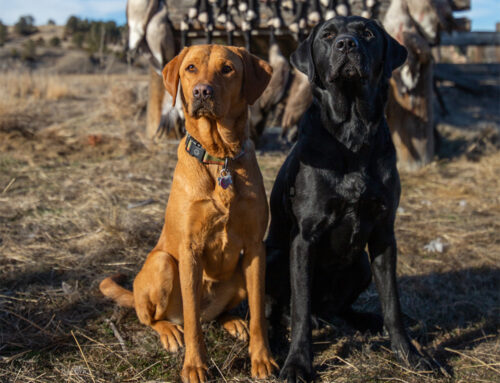
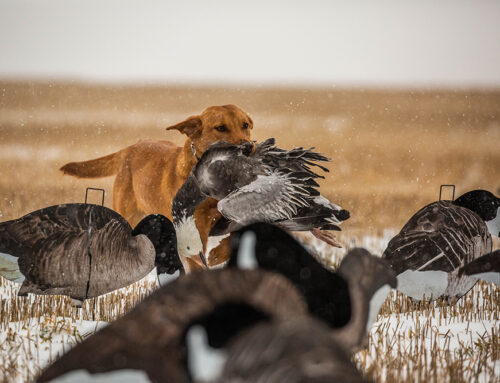
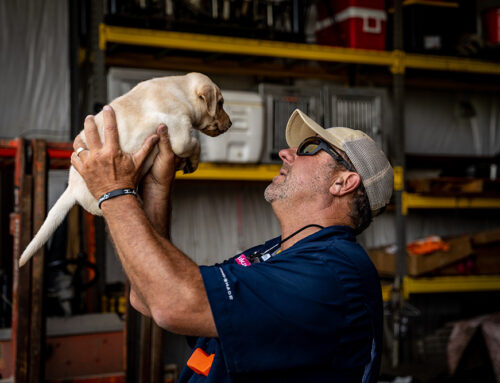
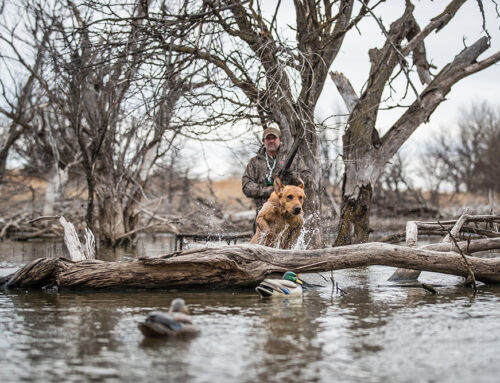
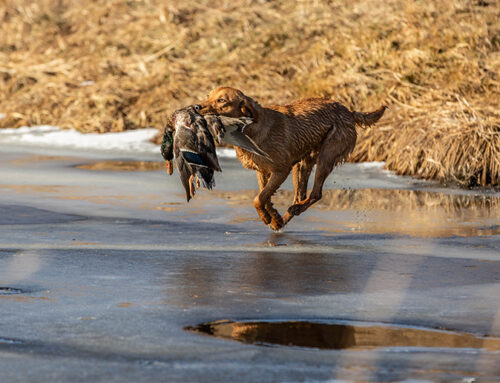
Leave A Comment